Every year anglers crisscross the globe in search of exotic fish and the goal of creating life-long memories in the process. More than likely if you are fishing outside of your home country, or even outside of your own home region, you enlist a local charter boat to get you out on the water. It doesn’t matter if you’re headed overseas or staying close to home, there are some universal rules in the charter fishing world that should be adhered to. If left unaware, anglers can stumble into some awkward situations or worse – say or do something that can negatively affect their trip. No matter where you’re booking your next fishing vacation, the following 5 tips for a better fishing charter experience should help you have a more enjoyable day on the water.
1. Get Off on the Right Foot
As a general rule, if you are going to be spending a large amount of time with people in a confined space you probably want to do your best to all get along. Whether it’s coworkers in an office, family on a long road trip, or a fishing crew you’ve never met before, getting along will make the day more enjoyable for everyone.
A really simple gesture you can make to ensure your day gets started on the right foot is to ask your captain for permission to come aboard. Especially when on a fishing vacation in Central America this is probably overly formal, but it’s a great sign of respect to the captain who is going to guide you for the next 8-10 hours. The boat is their office and their livelihood, so even if they give you a warm greeting asking for permission to come aboard is a great way to instantly get on the captain’s good side and show him/her that you respect their place of work.
Before you do step foot on the boat, it’s a good idea to ask what to do with your shoes or sandals. If you leave them on, take a second to make sure there isn’t anything on them that could dirty or scratch the boat. Rocks or gravel can scratch gelcoat, which took hours to apply, so asking what to do with your shoes is an easy way to avoid committing a faux pas before you even leave the dock.
Lastly – don’t bring bananas on the boat! For some this may be a old joke, but the majority of captains won’t want to see you chomping down on a banana as you make your run to the fishing grounds. If you need one before you fish eat it in the parking lot, you don’t want to be blamed for bad weather or stingy fish! This silly superstition might be the most important of the 5 tips for a better fishing charter experience!
2. Communication is Key
Open communication with your captain or boat owner is perhaps the most important step in having a successful fishing vacation. Ideally this happens during the vacation planning process weeks or months before you ever arrive so they have time to be prepared, no one appreciates a last minute curve ball being thrown at them. Communication can cover anything from specific species you do or don’t want to target, fishing methods you do or don’t want to try, and even dietary restrictions or physical limitations they should know about. Fishing captains are skilled at reading the weather, water conditions, fish finders and bird behavior, but not your mind, so the more info you can provide them the better job they can do to make sure you’ll be happy before you even show up in the morning.
3. Have Realistic Expectations
Having a game plan and sharing that beforehand with your captain is a great idea, but it’s important to keep realistic expectations at the same time. We frequently report days where boats catch 20+ sailfish, but that doesn’t mean it is guaranteed to happen on the two or three days you fish during your Costa Rica fishing vacation. Panama is one of the best places in the world to catch roosterfish and cubera snapper, and every year anglers book their Panama fishing vacation for January or February to be here for the peak marlin season, but even mighty Panama can have slow weeks due to the lack of bait, change in currents, or the water being off. As the saying goes, ‘it’s called fishing, not catching…‘
Some anglers have a full list of species they expect to catch on a one day fishing charter and assume you can simply go from one to the other like walking the aisles of a grocery store. “We’d like to fish for marlin and sailfish in the morning, maybe catch something to eat, then spend the afternoon catching roosterfish…” is a request we hear all too often. A day like that would most likely entail having three different types of baits, employing different fishing methods and changing between multiple locations – not to mention run times to get to the different spots – so that might not be the most realistic request to drop on your charter captain.
4. Be Flexible
You can do hours of online research or even track down your captain to speak with him one night, but it’s important to remember that fishing calendars and weather seasons are basic guidelines, not concrete facts. If you are from the US like me chances are you’ve seen 30-degree weather changes in a single day, snow that kills spring gardens and golfing weather when you are supposed to be skiing. You may have researched the peak fishing season, factored in the best moon phase, and booked your fishing trip months in advance but that does not mean everything is going to work out exactly how you drew it up in your head.
Many anglers visit Central America with one or two specific species they want to target and are disappointed if they don’t catch that specific fish – even if they have a ton of action on other species. We see this most often with marlin and roosterfish, which are at the top of many bucket lists. Some days we may catch more than you could have ever imagined of one species but can’t buy a bite from another no matter what you try. The best attitude is to enjoy whatever action you are fortunate enough to experience, and with enough time on the water and a bit of luck sooner or later you’ll get that trophy you are after.
The majority of the fishing vacations we book are planned 3-6 months in advance so we appreciate that there is a lot of excitement, anticipation, and day dreaming that precedes actually getting out on the water. We also 100% understand that these fishing vacations to Central America aren’t as cheap as bass fishing on your home lake, so as a consumer there is a natural tendency to expect to receive something you’ve paid for. It is extremely important to keep in mind that booking a fishing vacation to Central America is not the same as purchasing a fight and a perfectly framed picture with a marlin, roosterfish, or tarpon – it merely gives you the opportunity to catch one of these trophies. We are fishing some of the largest bodies of water in the world and these game fish are wild animals with tails to take them to wherever they please, predictability is not always their calling card.
5. Tips & Leave Behinds
If you truly enjoyed your fishing captain and crew and want to let them know how instrumental they were in creating a lifelong memory for you the best way to do it is to dig deep into your pockets and leave them a nice tip. If you look in the parking lot of the marina or fishing lodge you’ll probably see old trucks, SUVs or even bicycles, but chances are it isn’t full of luxury foreign sedans and sports cars. The charter captain lifestyle is more about the passion for the sport and the ocean than it is a pathway to early retirement. As the joke goes, “the best way to become a millionaire owning a boat is to start off a billionaire.”
Especially in Central America, fishing crews survive on tips. Many charter captains here receive small salaries to cover their basic needs, but plan on making most of their money through tips. Talented mates on high-end boats may have a similar deal, but many mates do not receive any salary at all and depend entirely on tips to survive. The general guideline in Central America for tipping your fishing crew is 20% of the cost of the charter.
If you truly enjoyed your crew and want to fish with them again, think of your tip not only as sport fishing etiquette but as an investment in the future. Just like captains can recall their biggest marlin or their best day on sailfish, rest assured their memories work the same way to remember clients that are generous tippers versus clients that don’t tip at all. Being a good tipper can help you get your preferred calendar dates for the next year or even stay out a bit later if the afternoon bite is hot.
Whether you bring it down as a gift or use it during your vacation and leave it behind when you return home, leaving fishing gear with your crew is almost always well received. In luxury destinations like the Los Sueños Resort or the Marina Pez Vela in Quepos, Costa Rica it’s pretty easy to get anything you need, but for many other destinations throughout Central America it can be quite a challenge. A quick run to Cabela’s or getting a delivery from Amazon Prime aren’t realistic options for many local captains and guides, so if you leave behind lures, flies, leaders, sunglasses or hats they are usually very well received.
Whether you are new to charter fishing world or if it’s simply your first time fishing in Central America, hopefully these 5 Tips for a Better Fishing Charter Experience will make your next fishing vacation the best one yet. Ultimately charter fishing captains are in the customer service industry, so being more prepared and a polite customer usually goes a long way to helping you get what you want. Good luck out there and tight lines!

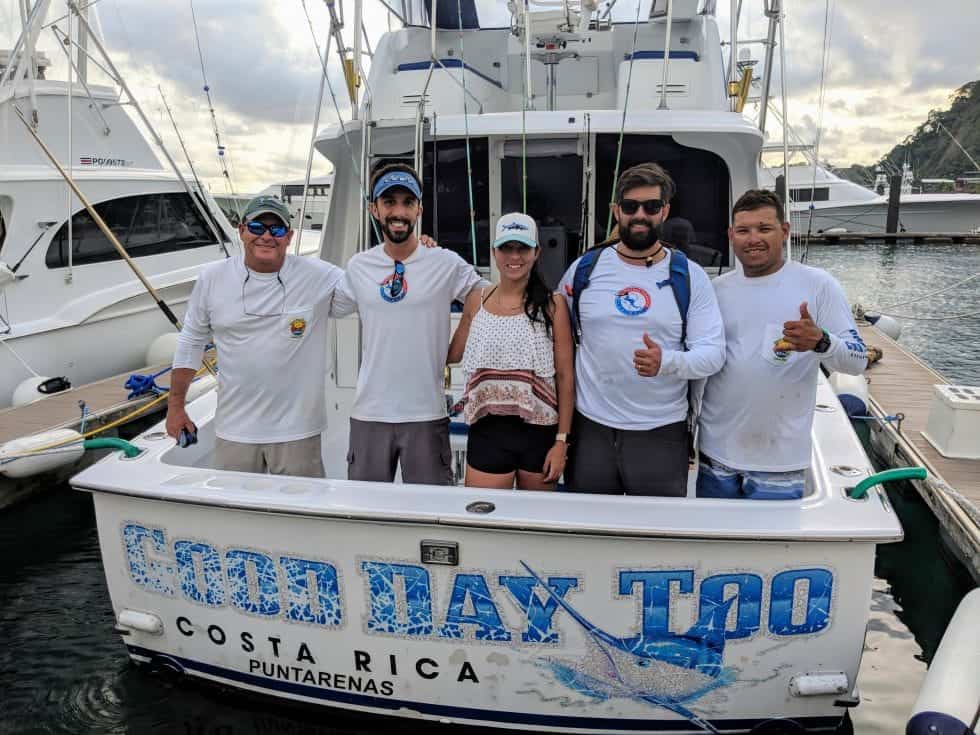
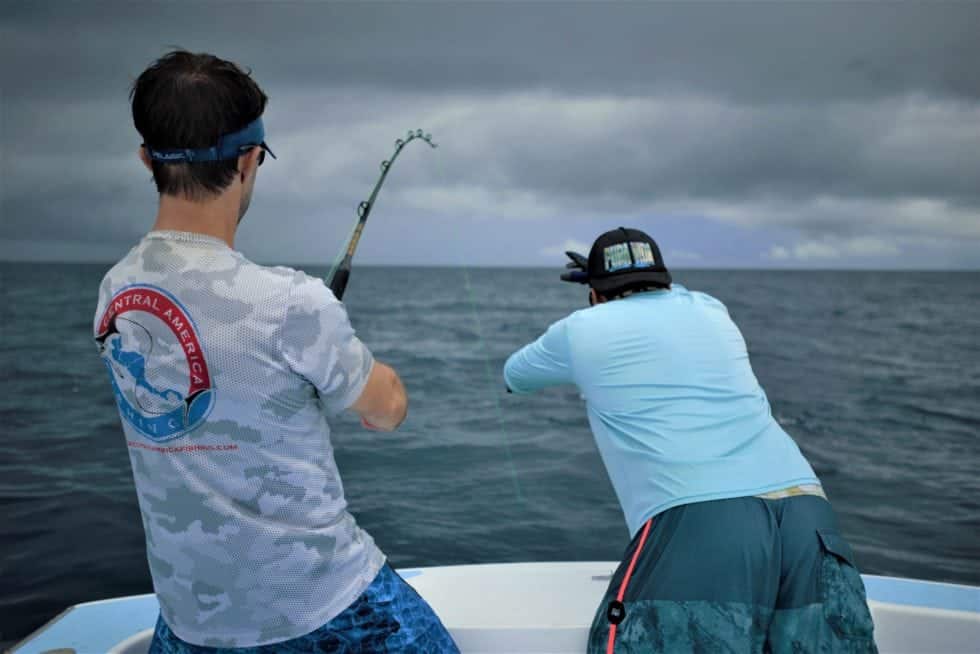
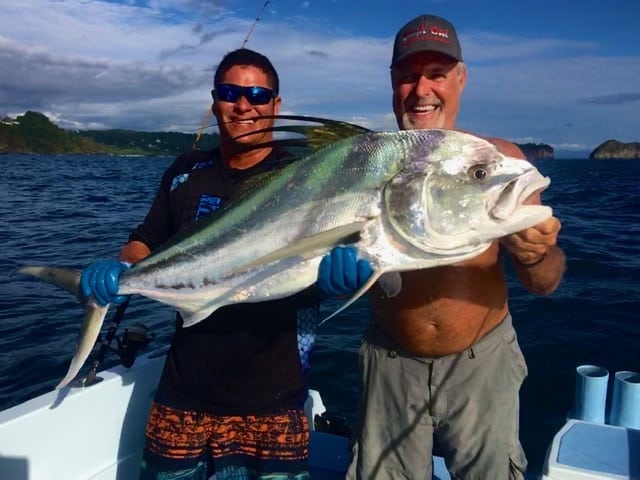
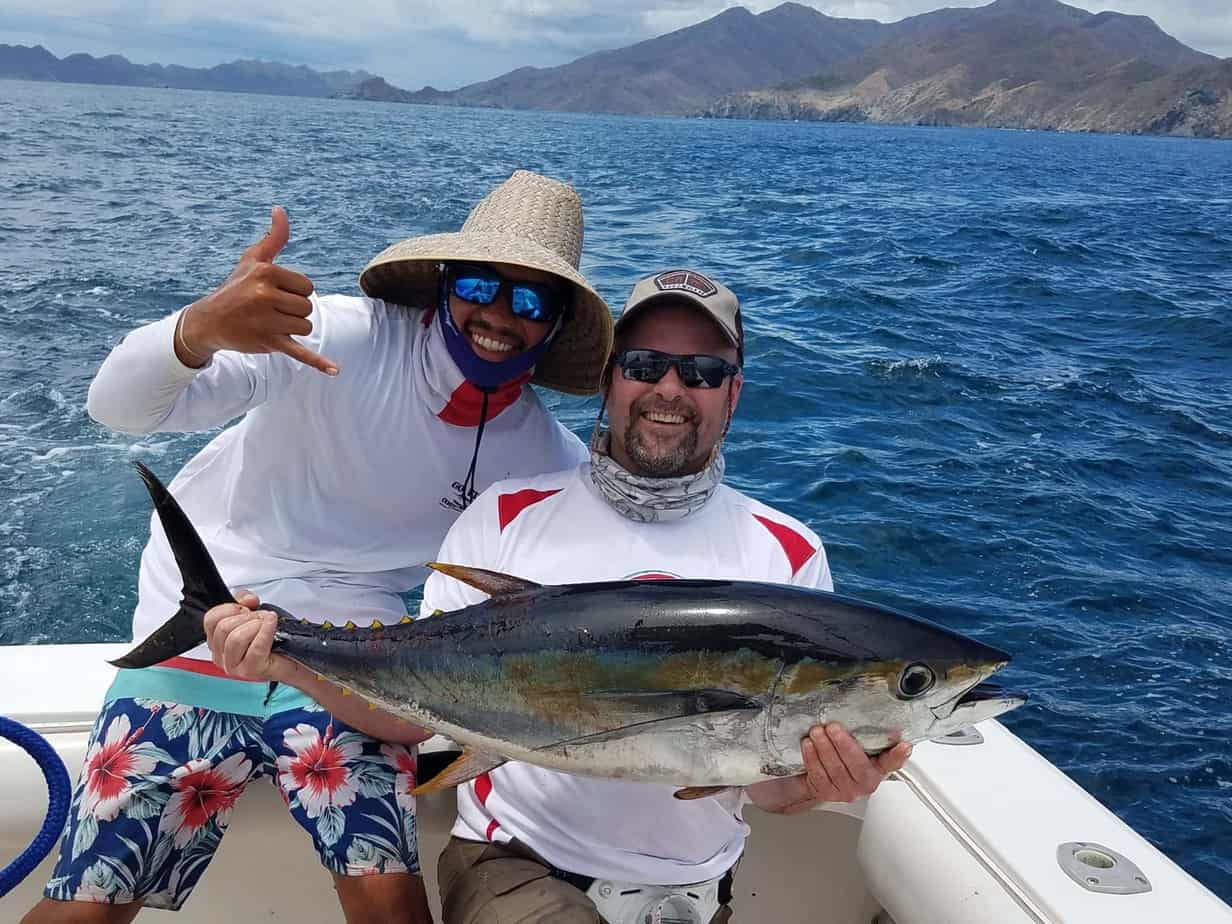
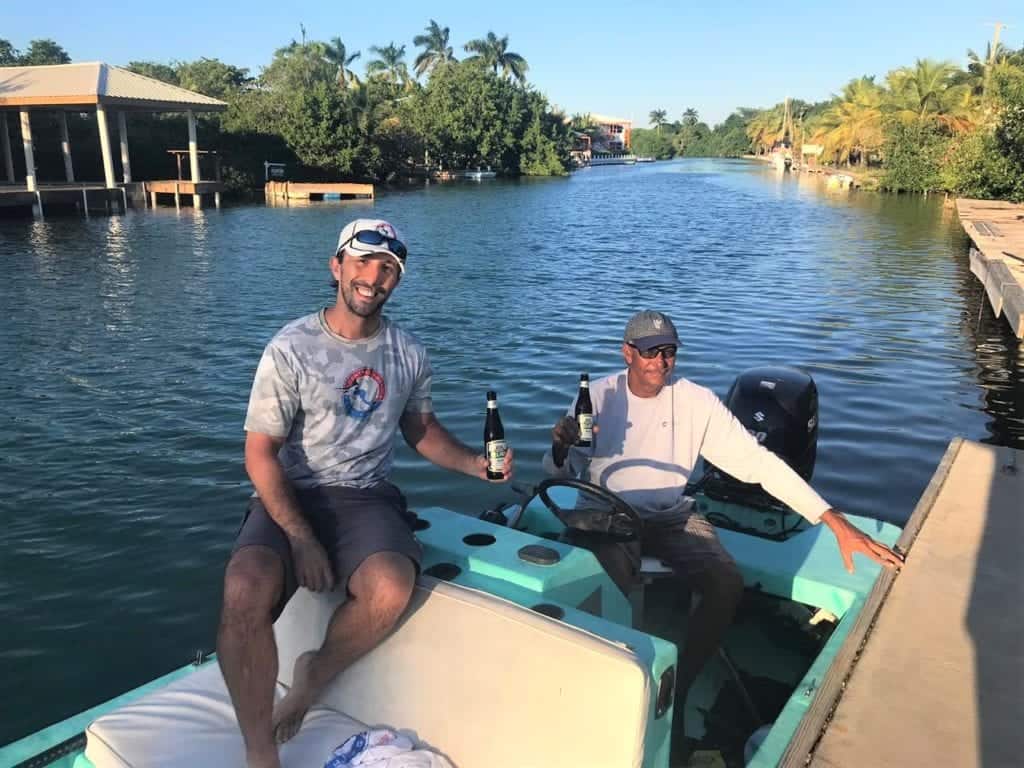
0 Comments